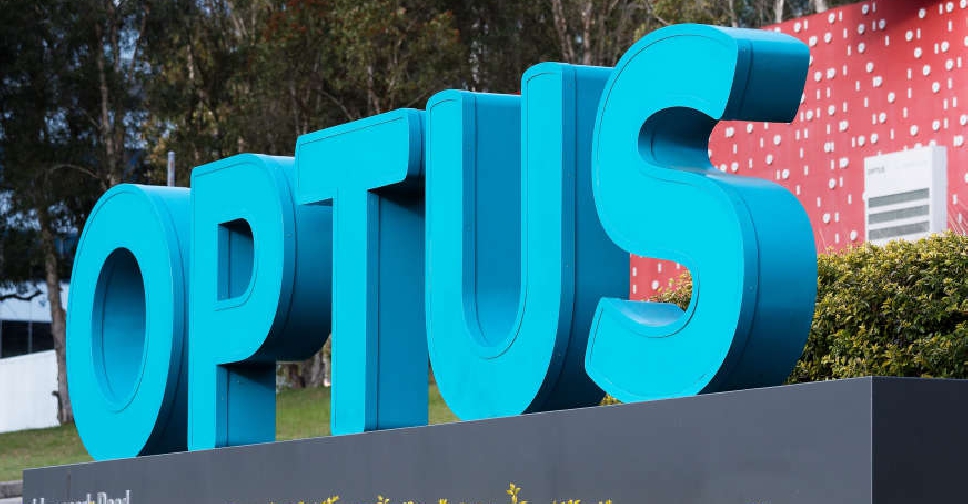
An outage at Australian telco Optus left nearly half the population without internet or phone on Wednesday, throwing payment, transport and health systems into chaos and raising questions about the fragility of the country's core infrastructure.
The outage was first reported about 4:00 am local time (1700 GMT on Tuesday) and it was not until almost 5:30 pm that Optus said services had been restored.
Some 10 million Australians, 40 per cent of the population, are Optus customers and could not use smartphones, broadband internet or landlines for much of the day.
Hospitals couldn't take phone calls, small businesses were unable to process electronic payments and train networks and ride share services were down simultaneously in some cities.
The incident sparked criticism about the robustness of Australia's telecommunications network and in particular about Optus, which is owned by Singapore Telecommunications.
"Customers are clearly frustrated about it and Optus should respond to that accordingly," said Communications Minister Michelle Rowland.
No cause of the failure was given but "it has occurred deep within the network (and) it has wide ramifications across mobile, fixed, and broadband services for Optus customers", Rowland added.
Optus reported one of the country's biggest cyber breaches 14 months ago, but CEO Kelly Bayer Rosmarin said she did not believe the latest outage was the result of a hack.
"I mean, it's highly unlikely. Our systems are actually very stable," she said. "This is a very, very rare occurrence."
Under laws introduced in the fallout of the 2022 Optus cyber attack, Australian companies must report to the government within 72 hours if they believe they have experienced a cyber attack.
Industry analyst Paul Budde said the incident showed telecoms companies should be required to accept customers from rival carriers on their networks in emergencies - a reform he said the industry had long resisted.
"These networks aren't just commercial operations," he said in a blog post. "They are vital infrastructure for our society and economy. Protecting the national interest in the face of serious network failures is paramount."
Parent company SingTel said earlier this year that after the cyber attack Optus made several investments to lift its capabilities and provide additional protection for customers. In a short statement, SingTel confirmed the incident without explanation and noted Optus had apologised.
SingTel shares were down 4.8 per cent on the Singapore stock market.
CUT OFF & FRUSTRATED
Chaos ensued as almost half of Australia was disconnected, one of the biggest network outages the country has witnessed.
"Without my phone I pretty much can't do anything. I'm looking for a bank, and when you can't go onto your phone and Google pretty much you are lost," said Angela Ican, a security officer, in Sydney's central business district.
Melbourne's train networks were forced to shut down for about 30 minutes due to the outage, resulting in delays during the morning rush, media reported.
Hospitals and emergency services across the country were also affected. No. 1 private hospital owner Ramsay Health Care said phone services to its 70 hospitals and clinics were impacted. Emergency triple zero ("000") calls were not working from Optus landlines.
Banking services, including some ATMs using Optus, were also impacted. Commonwealth Bank, the country's biggest lender, said some customers may encounter difficulties with its services.
"Maybe this incident will cause us to have a closer look at how we want to run this critical national infrastructure across multiple private companies," said Bill Corcoran, an Australian Research Council Future Fellow at Monash University.




 Nasdaq set to confirm bear market as Trump tariffs trigger recession fears
Nasdaq set to confirm bear market as Trump tariffs trigger recession fears
 Dana Gas and Crescent Petroleum exceed 500M boe in Khor Mor field
Dana Gas and Crescent Petroleum exceed 500M boe in Khor Mor field
 China to impose tariffs of 34% on all US goods
China to impose tariffs of 34% on all US goods
 Shares bruised, dollar crumbles as Trump tariffs stir recession fears
Shares bruised, dollar crumbles as Trump tariffs stir recession fears
 Wall Street futures sink as tariffs fuel recession fears
Wall Street futures sink as tariffs fuel recession fears



